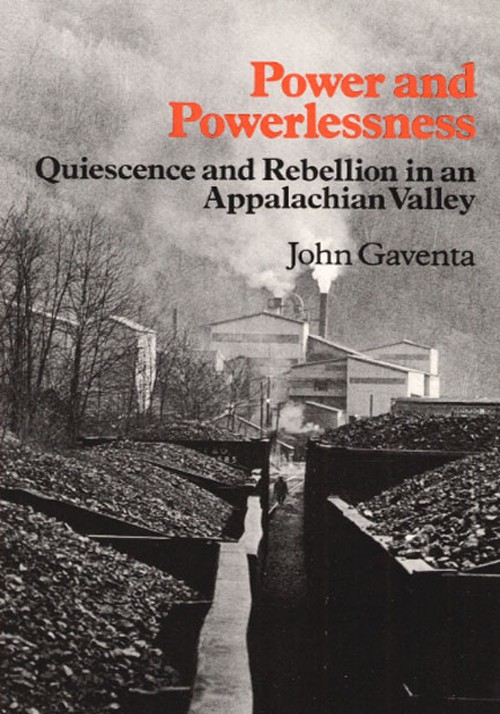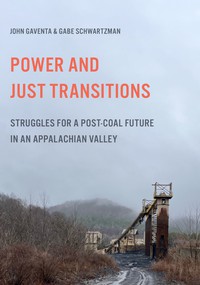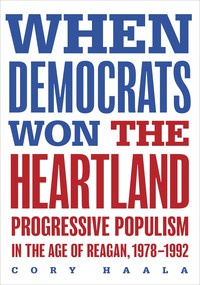
Power and Powerlessness
Quiescence and Rebellion in an Appalachian Valley
Paper – $28
978-0-252-00985-3
eBook – $19.95
978-0-252-05196-8
Publication Date
Paperback: 05/01/1982
About the Book
Using Clear Fork Valley in central Appalachia as an empirical example, Gaventa attempts to discern the "hidden faces of power" - those forces which shape actions and consciousness in ways not readily apparent in formal American political processes. He seeks to clarify and expand upon past theories (by such writers as Bachrach and Lukes) on the nature and maintenance of power.The region studied here is characterized by stark incongruity - the co-existence of massive natural wealth (coal and land) with pervasive human poverty attended by high unemployment, limited education, malnutrition, and the prevalent hazards of mining coal: black lung, dismemberment, death, and ecological ruin. This has been the region's status quo under the decades of domination by a British company and its absentee owners. Despite these departure conditions and frequently violent union struggles, culminating in the 1969 murder of UMW reformist Jock Yablonski, acquiescence to this status quo has been maintained. Gaventa searches out the answers to how and why wealth and poverty continue to coexist and the powerless continue to accede to the powerful. His astute analysis poses broader questions about the politics of poverty, working-class consciousness, and corporate power in America.
About the Author
John Gaventa, a Tennessee native, received his doctorate from Oxford University. He has written widely on the Appalachian region in academic and popular journals. He is now employed at the Highlander Research and Education Center, an adult education center which works closely with community and labor groups in the Appalachian and southern regions of the United States.Reviews
"With Power and Powerlessness, a compelling work of powerful reportage and careful analysis, Gaventa joins other trusted Appalachian observers -- Tom Gish, Harry Caudill, James Branscome -- in explaining to outsiders the conflicts between the financial interests of the coal and land companies and the moral rights of the vulnerable mountaineers."--The Washington Post"Gaventa reminds us that the exercise of power has as much to do with preventing decisions as with bringing them about. Force, the threat of sanctions, the invocation of precedents, norms and rules to squash incipient revolt, the introduction of new rules or barriers -- these prevent demands from becoming issues."--Times Literary Supplement










